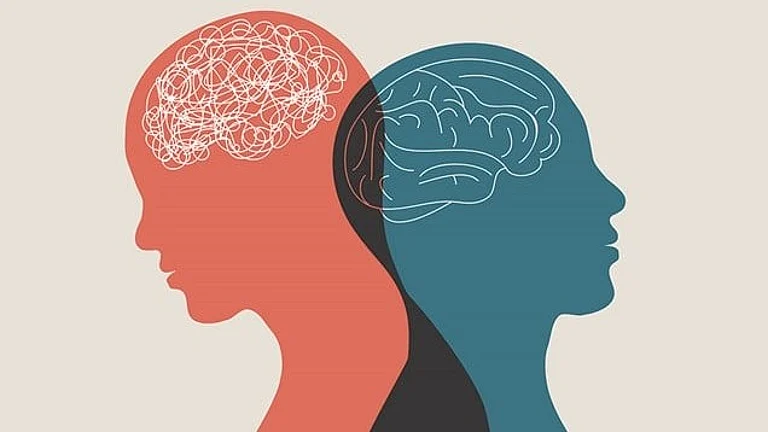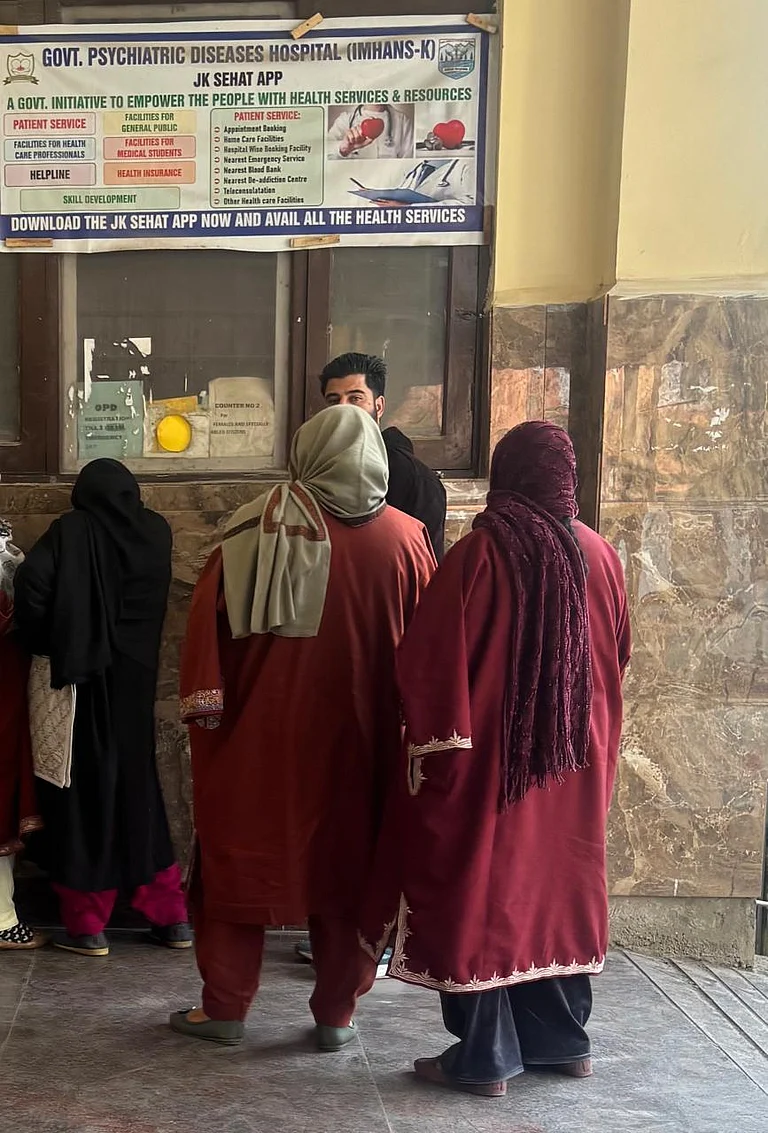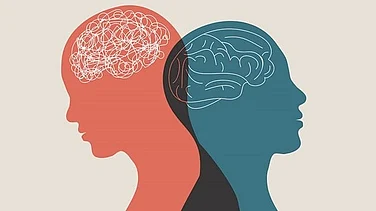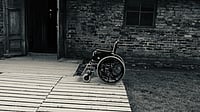“I am the way into the city of woe,
I am the way into eternal pain,
I am the way to go among the lost.
Justice caused my high architect to move,
Divine omnipotence created me,
The highest wisdom, and the primal love.
Before me there were no created things.
But those that last forever—as do I.
Abandon all hope you who enter here.”
—Dante Alighieri, Inferno.
Ratnagiri
This is where you feel so close to mercy. In a place by the sea where madness seems like it can rest for a while and even if it revisits you, someone can hold you, someone who gets it, someone you have come to know because they had it too. The voices, the visions, the insomnia, the mood swings, etc.
And it is unusual that you find it here in a simple home, where six women live together and care for each other because they know they are living with voices in their heads. This is where it all begins to make sense. Sometimes, a story is about what happens after something happens. Terrible things happened to them. But the thing is to love and keep loving, even if everything they ever loved left them, like how sand leaves your fists when you try to hold it. How can anybody, any mind, withstand this?
Is that why they hold it all so tight? This fragile existence of theirs saying they will love life again. Somehow, anyhow.
On a rainy evening, in this ‘Home Again’ apartment, a project by The Banyan, Hafeeza is fast asleep. She is old and not so long ago had become so frail that they didn’t think she would make it. Huzaifa is like their mother. Then there is Gulabi, who likes to talk and wants to eat chicken without coconut in it. “I want to make them eat the way we make it in our village in UP,” she says.
It is a simple life. A lot of routine, a lot of sleep, a lot of longing. Nostalgia is a strange affliction. Things that crushed you, you long to give them second, third chances.
Deepali, who is the quietest here, wants to go home, but she also knows nobody is coming for her. She lost her lover to suicide and that’s a story she may not want to tell. But she used to see him, hear his voice. Now those voices have fallen silent, but relapses happen. This is a place where sanity is like a snowflake dancing outside the window until it crashes on the asphalt below. Here, they are alone and yet somehow they are someone’s mother, friend, sister, daughter. Not all families are familial. Grief is a connector too. More elastic than the umbilical cord at times.
Deepali’s eyes go vacant at times. Her mother, who also lives with mental illness, stays in an ashram in some faraway place. At least, that’s what she knows. Her uncle speaks to her sometimes, but there is that eternal waiting that gets to her, breaks her defences and she slips into that state where Sonal, another client, becomes that friend who will ensure Deepali takes her medicines and drinks water.
“She forgets,” Sonal says. “I become strict with her because she is my friend.”
In this home on the first floor of a nondescript building, the clients have begun to understand that abandonment is not an anomaly. That’s how freedom comes. With the knowledge that you aren’t alone in your hallucinations, your relapses, your illness.
Sonal wanted to find love, family, marriage, but here, she is trying to find faith as her anchor. She says she found Jesus and sings hymns. The urge, when it becomes too strong, makes her feel like running away to a mythical home of her childhood, where her mother was there for her. Now, that home is no longer there. The mother is helpless, she says.
She once ran away and somehow found herself in Nagpur and managed to find her way to her sister’s house. But she relapsed. She lives with bipolar disorder and she knows she is different and difficult at times.
“They didn’t like good girls like me, so I was cursed,” she says.
She spent time in state mental facilities and was then transferred to The Banyan in 2021. Those who have spent time in some of the state mental hospitals know that it is a facility and not a home. A home is where you can be yourself, where nobody is afraid of you, where somebody understands you well enough to be your friend.
These people, bound by spaces like the kitchen, the apartment, the familiar routine, know the sound of each other’s pain and cough, cries and silence even.
To each other, they owe nothing but time and there is a lot of it. In fact, days roll over into the evening and night and then another with the same routine as yesterday.
There are many such homes here. Six of them. One where men live and play carrom or just sit quietly listening to the rain.
Things amplify here. Like a cup of tea with sugar is what brings a big smile to Pramod’s face, whose small frame seems incapable of containing the joy that comes from a mere mention of sweets like jalebi and halwa.
There’s of course that other side. Of not being what you could have been, but there is time for that.
He had been a marketing executive and feels he can return and reclaim that old life.
“I have nobody. But I have confidence that when I go out, I can work,” he says.
A little dream is a respite, a much-needed nudge. There is that world out there. To go out in it requires more than just a dream at this point. But they aren’t in a hurry.
And here, in this purgatorio, there is the promise of paradiso. The ‘inferno’ is behind them.
So, they dream on. With everything they have. Here, fiction and facts collide, dissolve into each other and become stories. There is no need to verify but to listen. This is why they stay. For the sake of freedom to speak and to fall silent, to leave and to remain, to hope and to abandon all hope.
MORE FROM THIS ISSUE
In its August 21 issue, Everyday I Pray For Love, Outlook collaborated with The Banyan India to take a hard look at the community and care provided to those with mental health disorders in India. From the inmates in mental health facilities across India—Ranchi to Lucknow—to the mental health impact of conflict journalism, to the chronic stress caused by the caste system, our reporters and columnists shed light on and questioned the stigma weighing down the vulnerable communities where mental health disorders are prevalent. This copy appeared in print as 'A Place Of Mercy'.
Trigger Warning: This story contains mentions of suicide. Reader discretion is advised. If you or someone you know is struggling, please contact these numbers. | Helpline: iCall (9152987821) or AASRA (+91-22-27546669) — Available 24/7.































